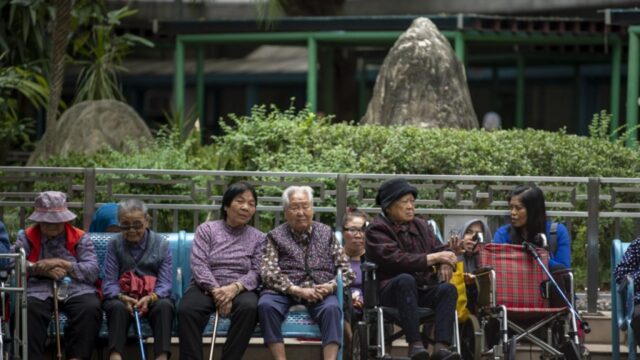Pension Systems (Un)Sustainability and Fiscal Constraints: A Comparative Analysis
By Michael Wickens Using an overlapping generations model, two new indicators of public pension system sustainability are proposed: the pension space, which measures the capacity to pay for pension expenditures out of labour taxation, and the pension space exhaustion probability reflecting demographic uncertainties. These measures reveal that the pension spaces of advanced economies are strikingly different. Most nations have little scope to further finance pensions out of labour income taxation over the next thirty years. There is no one-size-fits-all solution....










